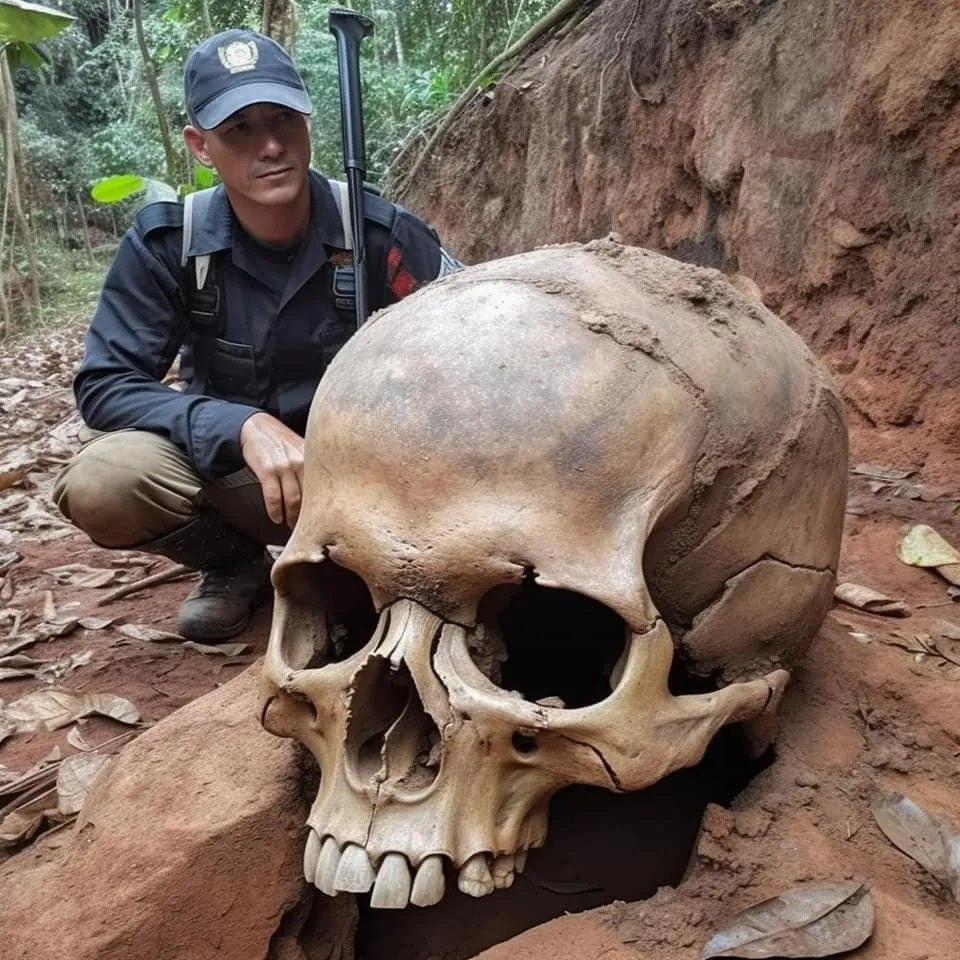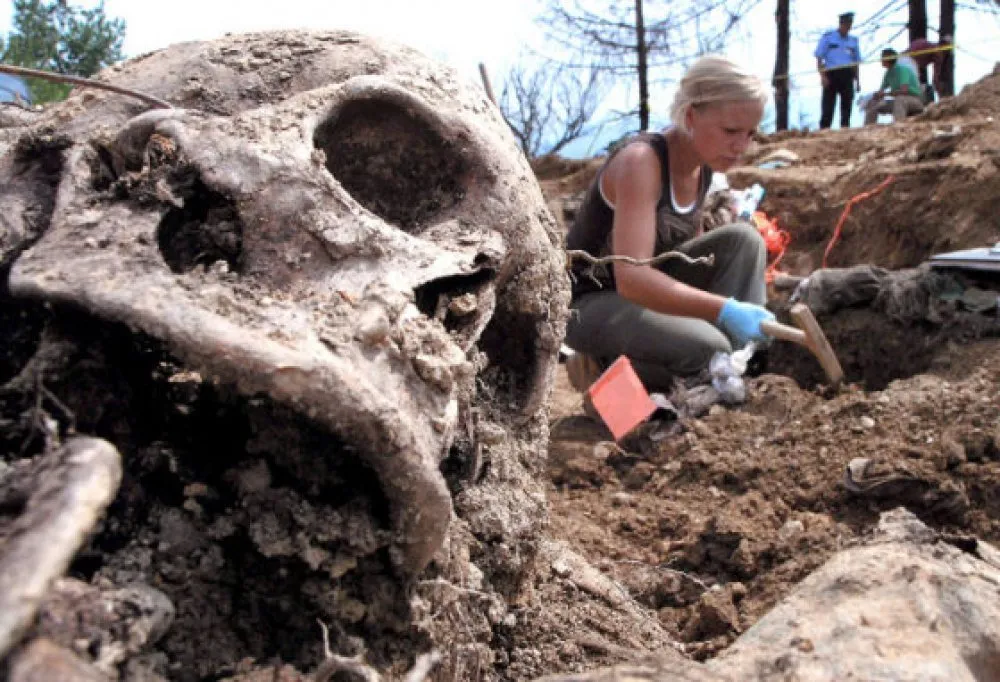In the realm of historical discovery, every artifact unearthed has the potential to rewrite the narrative of the past. But perhaps none are as perplexing as the recent revelation of a bicycle found within the confines of a medieval tomb. This astonishing find has sent shockwaves through the archaeological community, prompting a reevaluation of our understanding of history and the technological advancements of bygone eras.

The tomb, nestled in a remote corner of Europe, was initially believed to house the remains of a prominent noble from the medieval period. However, the discovery of a perfectly preserved bicycle amidst the funerary artifacts has thrown this assumption into disarray. How could such a modern invention find its way into a burial site dating back centuries?
Archaeologists and historians alike are grappling with this enigma, pondering the implications of such a discovery. Could it be that our understanding of medieval society and its technological capabilities has been sorely underestimated? Or does the presence of the bicycle hint at a more intricate network of trade and cultural exchange spanning continents and centuries?
One prevailing theory posits that the bicycle may have been a cherished possession of the deceased, symbolizing status or perhaps serving as a mode of transportation in the afterlife. Yet, the intricacy of its design and the craftsmanship involved in its construction suggest a level of technological sophistication previously unseen in medieval Europe. Could it be that the origins of the bicycle date back much further than previously thought, challenging conventional timelines of invention and innovation?
Furthermore, the discovery raises broader questions about the nature of historical interpretation and the biases inherent in our understanding of the past. How many other artifacts lie buried beneath the earth, waiting to challenge our preconceived notions of history? And how many untold stories have been lost to the passage of time, obscured by the sands of history?
As we continue to excavate the layers of our collective past, the bicycle found in the medieval tomb serves as a poignant reminder of the need to approach history with an open mind and a willingness to question established narratives. It is a testament to the complexity and richness of human civilization, reminding us that there is still much to learn about the journeys that have brought us to where we are today.



